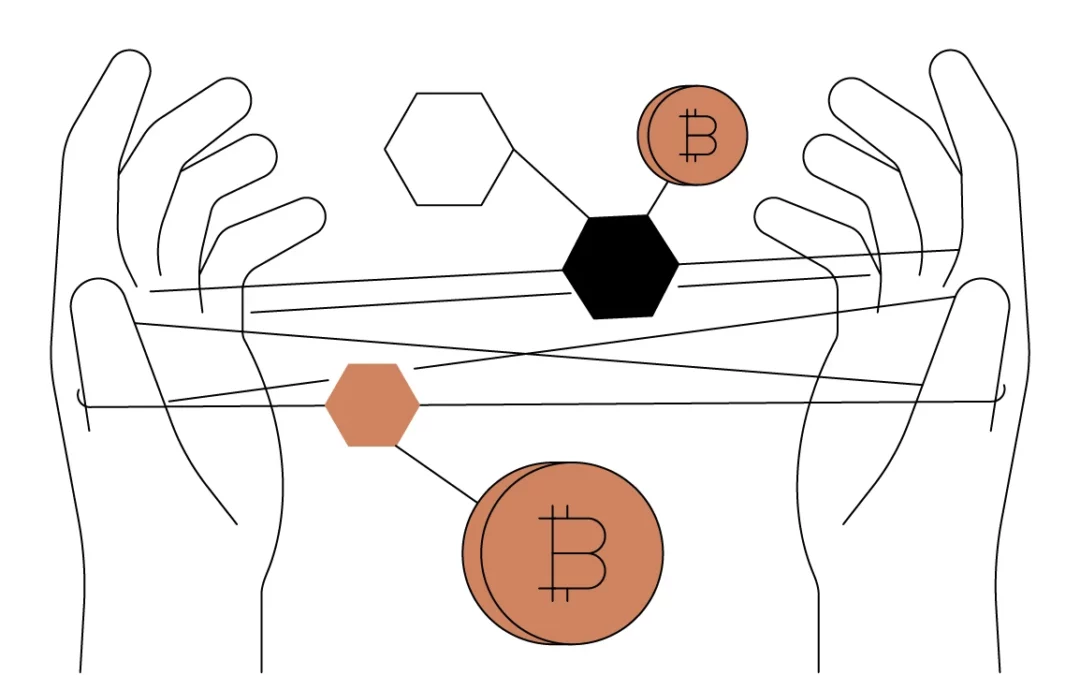Understanding the Role of Tokens in a DAO: The Key to Voting and Decision-Making
In the ever-evolving landscape of decentralized finance (DeFi) and blockchain technology, Decentralized Autonomous Organizations (DAOs) have emerged as a revolutionary model for governance. At the heart of these organizations are tokens, which play a crucial role in facilitating voting and decision-making processes. But what exactly are these tokens, and why are they so important? In this post, we’ll delve into the significance of tokens within a DAO and explore how they empower participants in shaping the future of their communities.
What is a DAO?
Before we get into the specifics of tokens, let’s briefly define what a DAO is. A DAO is an organization that is run through smart contracts on a blockchain, allowing for decentralized management and governance without the need for a centralized authority. Members of a DAO can propose changes, vote on initiatives, and collectively decide on the direction of the organization. This system fosters transparency and democratizes decision-making, but it heavily relies on tokens to function effectively.
The Role of Tokens in a DAO
Voting Power
Tokens serve as the primary mechanism for voting within a DAO. When members hold tokens, they gain the right to participate in governance decisions. Typically, the more tokens a member holds, the greater their influence in the decision-making process. This voting power ensures that those who are most invested in the organization have a say in its operations and future directions.
For example, if a proposal is put forward to change the governance structure or allocate funds for a new project, token holders can vote on it. This process not only encourages active participation but also ensures that decisions reflect the collective will of the community.
Incentivizing Participation
Tokens also act as incentives for members to engage in the governance process. By rewarding participation with additional tokens or benefits, DAOs can motivate individuals to take an active role in decision-making. This could include voting on proposals, participating in discussions, or contributing to projects. The more engaged members are, the stronger the DAO becomes, leading to better outcomes for the community as a whole.
Stake in the Ecosystem
Holding tokens in a DAO gives members a financial stake in the organization. This investment aligns the interests of the members with the success of the DAO. As the value of the DAO increases, so does the value of the tokens. This connection fosters a sense of ownership and responsibility among members, motivating them to make informed decisions that benefit the community.
Facilitating Proposals and Discussions
Tokens also enable members to propose new initiatives and engage in discussions about the future of the organization. Typically, only token holders can submit proposals, ensuring that those who have a vested interest in the DAO’s success drive the agenda. This model encourages innovation and creativity, allowing diverse ideas to flourish within the community.
Why Are Tokens Important for Voting and Decision-Making?
Decentralization and Democracy
One of the core principles of a DAO is decentralization. Tokens embody this principle by distributing power among all members rather than concentrating it in the hands of a few individuals. This democratic approach ensures that every voice is heard and every opinion is considered. By empowering members to vote and participate actively, tokens help maintain the integrity and purpose of the DAO.
Transparency and Accountability
The use of tokens in voting processes adds a layer of transparency and accountability to the decision-making framework. All voting results and proposals are recorded on the blockchain, allowing for easy verification and auditability. This transparency builds trust within the community, as members can see how decisions are made and who voted for what.
Building a Stronger Community
Ultimately, tokens play a vital role in fostering a sense of community within a DAO. By encouraging participation, aligning interests, and facilitating open discussions, tokens help build a collaborative environment where members can work together towards common goals. This unity is essential for the long-term success and sustainability of the organization.
Conclusion
In summary, tokens are not just digital assets; they are the lifeblood of a DAO, driving voting and decision-making processes that empower members and promote community engagement. By granting voting power, incentivizing participation, and ensuring transparency, tokens play a crucial role in shaping the future of decentralized governance. As the landscape of DAOs continues to evolve, understanding the importance of tokens will be key for anyone looking to participate in this innovative model of organization.
Whether you’re a seasoned investor or new to the world of DAOs, grasping the significance of tokens will enhance your understanding of this transformative movement. Join the conversation, get involved, and explore the exciting potential that DAOs have to offer!

